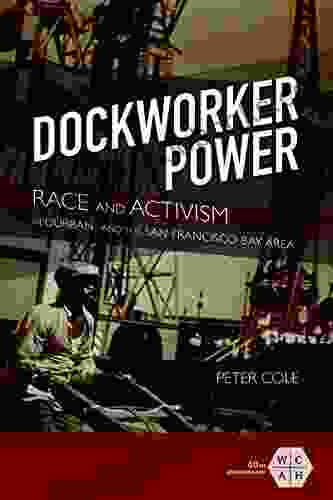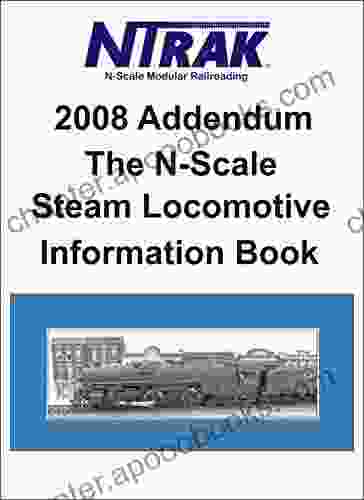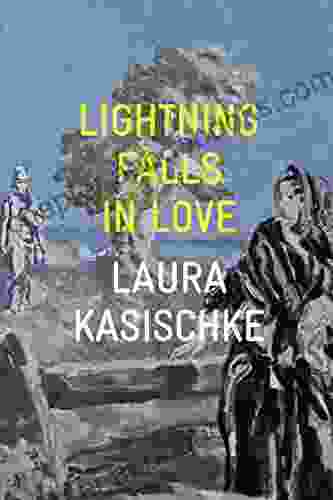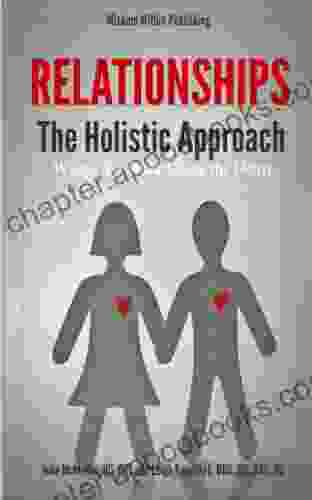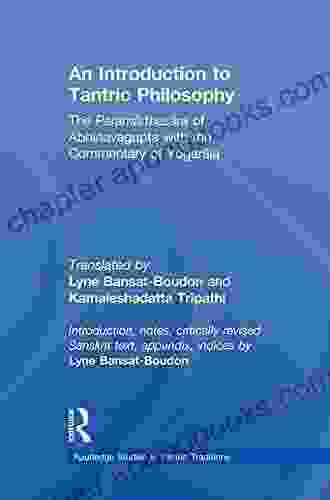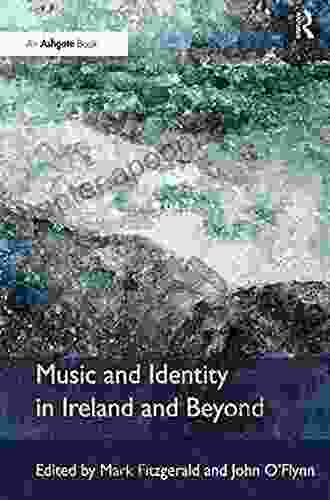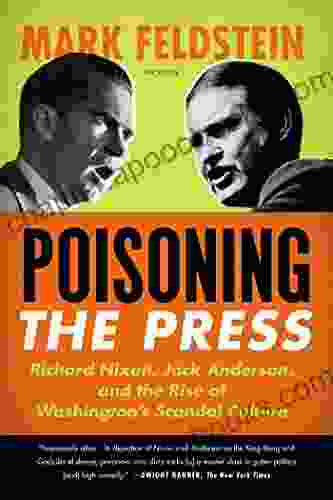Race and Activism in Durban and the San Francisco Bay Area Working Class: A Comparative Analysis

In the tapestry of human history, the threads of race and activism are inextricably intertwined. From the abolitionist movement to the fight for civil rights, marginalized communities have harnessed the power of collective action to challenge oppressive structures and carve out a more just and equitable society.
5 out of 5
| Language | : | English |
| File size | : | 4058 KB |
| Text-to-Speech | : | Enabled |
| Screen Reader | : | Supported |
| Enhanced typesetting | : | Enabled |
| Word Wise | : | Enabled |
| Print length | : | 320 pages |
This article delves into the depths of two distinct yet interconnected contexts: the vibrant city of Durban, South Africa, and the sprawling San Francisco Bay Area, California. By examining the experiences of working-class communities in these regions, we unveil the multifaceted nature of race and activism, highlighting both the similarities and profound differences that shape their respective struggles.
Durban: A City Divided
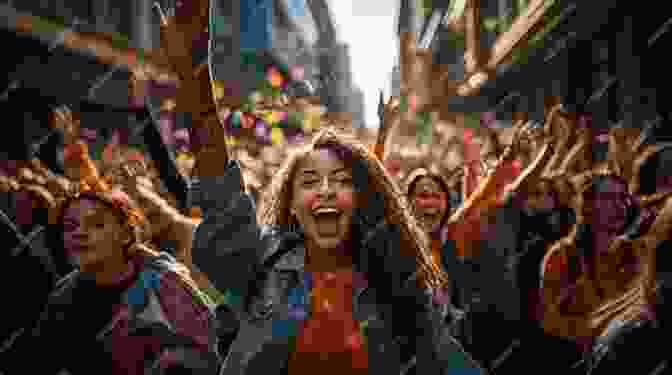
Durban, a coastal metropolis in South Africa, bears the scars of a deeply entrenched system of racial segregation known as apartheid. For decades, the city was rigidly divided along racial lines, with Black Africans, Indians, and Coloureds forced to live in separate townships, denied basic rights, and subjected to systemic discrimination.
In the face of such oppression, the working class of Durban emerged as a formidable force for change. Grassroots organizations and trade unions played a pivotal role in mobilizing communities, organizing protests, and demanding social and economic justice.
One of the most prominent examples of Durban's working-class activism was the Anti-Pass Campaign of the 1950s. Led by the African National Congress (ANC) and the South African Indian Congress (SAIC),this non-violent movement aimed to challenge the government's pass laws, which restricted the movement of Black Africans within the country.
The campaign culminated in a massive demonstration on June 26, 1950, when thousands of workers and residents marched into the city center to burn their passes. This iconic act of defiance sparked nationwide resistance and marked a turning point in the fight against apartheid.
The San Francisco Bay Area: A Microcosm of Inequality
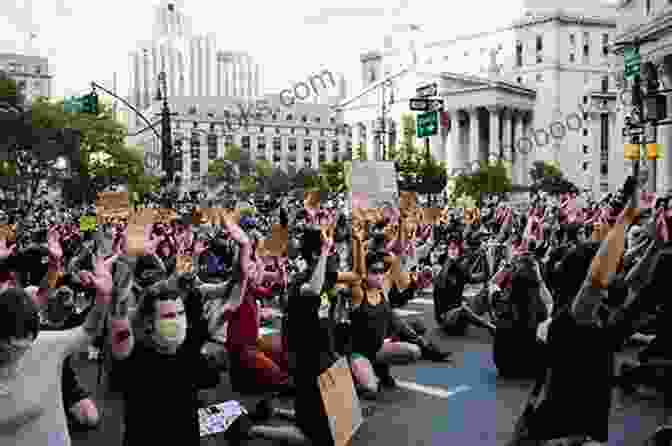
Thousands of miles away from the shores of Durban, the San Francisco Bay Area has also witnessed a persistent struggle for racial justice. Despite its reputation as a progressive hub, the region grapples with deep-rooted inequalities that disproportionately impact communities of color.
The working class of the Bay Area has been at the forefront of efforts to address these disparities. Labor unions, community organizations, and grassroots movements have mobilized to fight for affordable housing, quality education, healthcare access, and an end to police brutality.
One notable example of working-class activism in the Bay Area is the Oakland Black Panther Party, founded in 1966. This revolutionary organization emerged in response to the rampant police violence and poverty faced by Black communities.
The Black Panthers provided free breakfast programs, established medical clinics, and organized armed patrols to protect Black neighborhoods from police harassment. Their radical approach and unapologetic stance for Black liberation inspired a generation of activists.
Comparative Analysis: Common Threads and Divergent Paths
While the contexts of Durban and the San Francisco Bay Area are markedly different, a comparative analysis reveals both commonalities and divergences in the ways that race and activism intertwine in these regions.
1. Oppression and Resistance
At the heart of both Durban and the Bay Area's struggles lies a shared history of oppression and exploitation. In Durban, the apartheid regime imposed a brutal system of racial hierarchy, while in the Bay Area, systemic racism and economic inequality have created barriers to opportunity for communities of color.
In response to these oppressive conditions, working-class communities in both regions have demonstrated a remarkable resilience and determination to fight for their rights. From the mass protests in Durban to the grassroots activism in the Bay Area, collective action has been a powerful tool for resisting oppression and demanding change.
2. Grassroots Mobilization
Another common thread between Durban and the Bay Area is the critical role of grassroots organizations in mobilizing working-class communities. In Durban, trade unions and community groups played a central role in the Anti-Pass Campaign and subsequent anti-apartheid struggle.
Similarly, in the Bay Area, organizations like the Black Panther Party, the United Farm Workers, and the Coalition for Better Housing have been instrumental in organizing working-class communities of color around issues of racial justice, labor rights, and economic empowerment.
3. Divergent Strategies
Despite the similarities in their motivations and goals, the strategies employed by working-class activists in Durban and the Bay Area have diverged in certain respects. In Durban, the focus was primarily on mass mobilization and non-violent resistance to apartheid laws.
In contrast, the Bay Area has witnessed a broader range of tactics, including both traditional forms of organizing and more confrontational approaches. The Black Panther Party's armed patrols and its emphasis on self-defense, for example, reflected a different context of police brutality and state violence.
Lessons for the Future
The experiences of working-class communities in Durban and the San Francisco Bay Area offer valuable lessons for activists and policymakers alike. By understanding the historical and contemporary dynamics of race and activism in these regions, we can gain insights into the challenges and opportunities that lie ahead.
Firstly, it is clear that grassroots mobilization is essential for empowering marginalized communities and challenging systemic oppression. By building strong organizations and networks, working-class communities can amplify their voices, organize collective action, and demand accountability from those in power.
Secondly, the choice of tactics must be tailored to the specific context. While non-violent resistance has been a powerful tool in some situations, more confrontational approaches may be necessary in others to challenge entrenched systems of injustice.
Finally, it is crucial to recognize that the fight for racial justice is inseparable from the fight for economic justice. By addressing the root causes of inequality, such as poverty, unemployment, and lack of access to quality education and healthcare, we can create a more just and equitable society for all.
The interwoven threads of race and activism in Durban and the San Francisco Bay Area provide a testament to the human spirit's indomitable drive for freedom and equality. Through their struggles and sacrifices, working-class communities in these regions have made significant contributions to social justice movements worldwide.
By learning from their past and continuing to organize for a more just future, we can build a society where all people, regardless of race, class, or background, have the opportunity to live lives of dignity and fulfillment.
5 out of 5
| Language | : | English |
| File size | : | 4058 KB |
| Text-to-Speech | : | Enabled |
| Screen Reader | : | Supported |
| Enhanced typesetting | : | Enabled |
| Word Wise | : | Enabled |
| Print length | : | 320 pages |
Do you want to contribute by writing guest posts on this blog?
Please contact us and send us a resume of previous articles that you have written.
 Book
Book Novel
Novel Page
Page Chapter
Chapter Text
Text Story
Story Genre
Genre Reader
Reader Library
Library Paperback
Paperback E-book
E-book Magazine
Magazine Newspaper
Newspaper Paragraph
Paragraph Sentence
Sentence Bookmark
Bookmark Shelf
Shelf Glossary
Glossary Bibliography
Bibliography Foreword
Foreword Preface
Preface Synopsis
Synopsis Annotation
Annotation Footnote
Footnote Manuscript
Manuscript Scroll
Scroll Codex
Codex Tome
Tome Bestseller
Bestseller Classics
Classics Library card
Library card Narrative
Narrative Biography
Biography Autobiography
Autobiography Memoir
Memoir Reference
Reference Encyclopedia
Encyclopedia Nancy Doyon
Nancy Doyon Lily Wang
Lily Wang Mckenzie Funk
Mckenzie Funk Royal Yarns
Royal Yarns Mike Anderson
Mike Anderson Melanie Notkin
Melanie Notkin Rachel Long
Rachel Long Nick Allen
Nick Allen Mark Denote
Mark Denote Liz Michalski
Liz Michalski Roya Akhavan Ph D
Roya Akhavan Ph D Thomas Orwell
Thomas Orwell Lee Jackson
Lee Jackson Franz Kafka
Franz Kafka Liza Bakewell
Liza Bakewell Ros Badger
Ros Badger Mandy Stadtmiller
Mandy Stadtmiller Les Adams
Les Adams Swiss Chris
Swiss Chris Raquel Salas Rivera
Raquel Salas Rivera
Light bulbAdvertise smarter! Our strategic ad space ensures maximum exposure. Reserve your spot today!

 Bobby HowardEmpowering Development Practitioners: A Comprehensive Guide to Qualitative...
Bobby HowardEmpowering Development Practitioners: A Comprehensive Guide to Qualitative... Allan JamesFollow ·17.7k
Allan JamesFollow ·17.7k Colin FosterFollow ·2.6k
Colin FosterFollow ·2.6k Rob FosterFollow ·2.6k
Rob FosterFollow ·2.6k Norman ButlerFollow ·4.9k
Norman ButlerFollow ·4.9k Marcel ProustFollow ·11k
Marcel ProustFollow ·11k Derrick HughesFollow ·10.2k
Derrick HughesFollow ·10.2k Darren NelsonFollow ·12.6k
Darren NelsonFollow ·12.6k Brent FosterFollow ·17.8k
Brent FosterFollow ·17.8k

 W.H. Auden
W.H. AudenTerrorist Events Worldwide 2024: A Comprehensive Guide to...
Terrorism is a global threat that affects...

 Carson Blair
Carson BlairBeautifully Uplifting And Enchanting Novel Set In The...
Set in the beautiful West Country, this...

 Jeffrey Cox
Jeffrey CoxAn Utterly Captivating and Uplifting Story of One Woman's...
Immerse yourself in an extraordinary...

 Greg Foster
Greg FosterEngaging the Issues Through the Politics of Compassion
: The Power of...
5 out of 5
| Language | : | English |
| File size | : | 4058 KB |
| Text-to-Speech | : | Enabled |
| Screen Reader | : | Supported |
| Enhanced typesetting | : | Enabled |
| Word Wise | : | Enabled |
| Print length | : | 320 pages |


